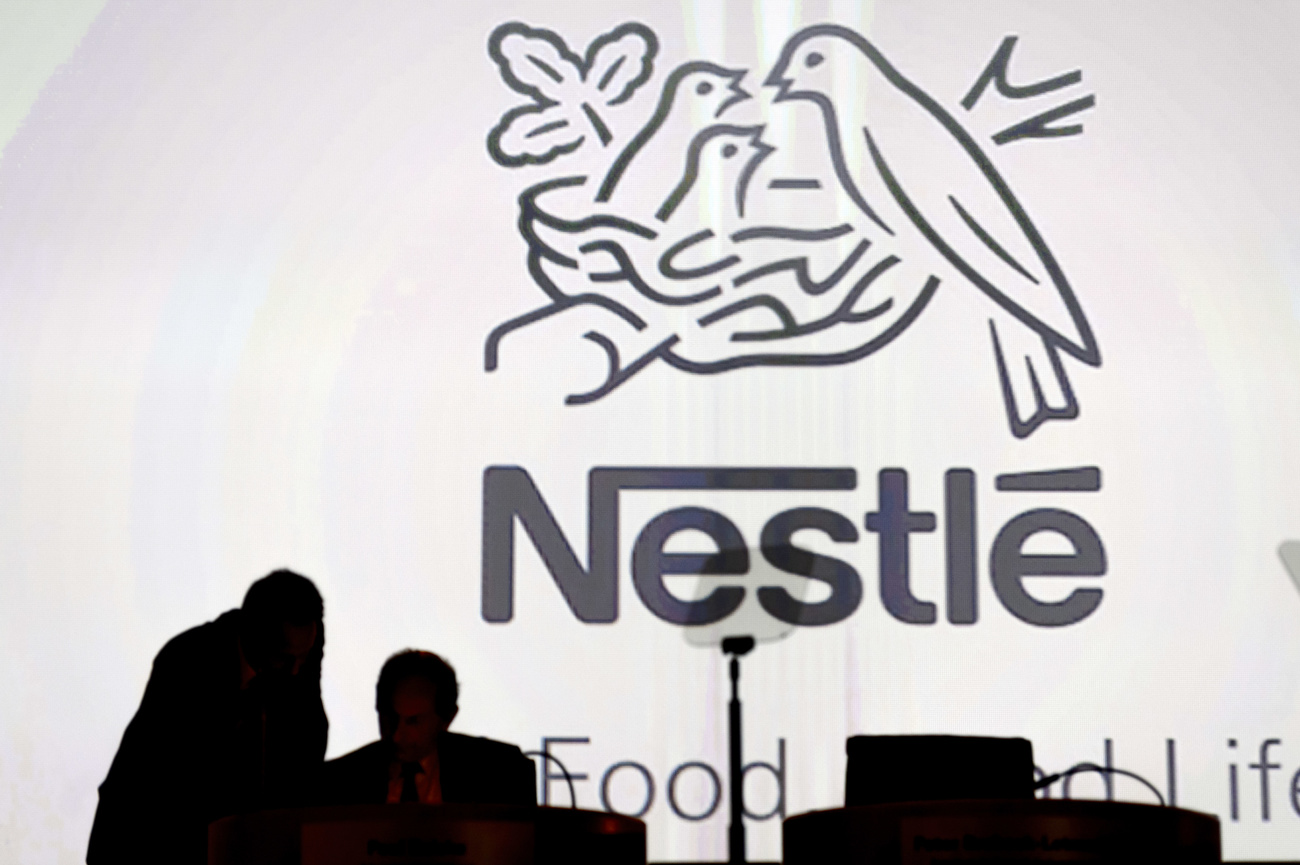
NGO files complaint against Nestlé Waters over bottled water purification methods

An NGO has filed a complaint in France against Nestlé Waters, the bottled water division of the Swiss food giant, accusing the company of illegally processing its bottled water products and selling it without informing consumers.
“No one, not even a multinational like Nestlé, is above the law,” declared the consumer protection group Foodwatch on Wednesday.
The NGO statement follows an investigation by the French newspaper Le Monde, along with partners Les Echos and Radio France, published on January 29, which revealed that Nestlé Waters had infringed French regulations and used “water treatment systems such as carbon filters or UV filters” for its Perrier brands, which are sourced in the south of France, as well as Vittel, Hépar and Contrex waters, which are sourced in the Vosges.
At Nestlé Waters, “100% of the brands are concerned by the use of prohibited treatments”, declared Foodwatch, which also pointed a finger at the French company Sources Alma.
The NGO added that “the fraud involving illegally filtered water is comparable to the horsemeat scandal a decade ago.”
It said there had been a “clear breach of regulations, consumer deception, economic gain and intent to deceive, since the companies have concealed the filtration processes from inspectors and have been careful not to give information to consumers or distributors”. They had also sold their “non-compliant products for years, both in France and probably in the internal European market”.
The NGO questioned the complacency of the French authorities, which it said had been implicated in this affair for several years and should have alerted European authorities and the other member states which have been importing these water products. Foodwatch has written to the European Commissioner for Health and Food Safety to share its concerns.
A preliminary investigation into Nestlé Waters for deception has already been opened by the Epinal public prosecutor’s office in the Vosges region.
‘Lose sight of regulatory compliance’
When the French bottled water affair first came to light, Nestlé told the AFP news agency that even though the aim of the treatments had always been to “guarantee food safety”, they “led the company to lose sight of the issue of regulatory compliance”. The brands concerned are now “fully compliant with the regulatory framework applicable in France”, said the company, adding that it had stopped the banned treatments over the past three years.
It justified the earlier practice due to “changes in the environment around its sources”, and the presence of “various chemical or microbiological elements” that accumulate as “water passes through the groundwater or as it travels through the plant’s pipes”.
In Switzerland, Nestlé has admitted using “activated carbon filters” for its Henniez mineral water in the canton of Vaud, which are “protection measures that do not comply with the regulatory framework”. They were stopped at the end of 2022.
Last year, Nestlé Waters suspended two boreholes for its Hépar water in the Vosges region in France because of “deteriorating weather conditions”, before announcing the loss of 171 of the 721 jobs at the Vevey-based giant’s Vittel subsidiary.
At the same time, Perrier’s famous green bottles became scarce on supermarket shelves. The multinational explained that it had been facing “increasingly difficult operating conditions” in particular due to “climatic events that have become more frequent and more intense, with alternating episodes of drought and heavy rain”.
Translated from French by Deepl/sb
This news story has been written and carefully fact-checked by an external editorial team. At SWI swissinfo.ch we select the most relevant news for an international audience and use automatic translation tools such as DeepL to translate it into English. Providing you with automatically translated news gives us the time to write more in-depth articles. If you want to know more about how we work, have a look here, and if you have feedback on this news story please write to english@swissinfo.ch.

In compliance with the JTI standards
More: SWI swissinfo.ch certified by the Journalism Trust Initiative




























You can find an overview of ongoing debates with our journalists here . Please join us!
If you want to start a conversation about a topic raised in this article or want to report factual errors, email us at english@swissinfo.ch.